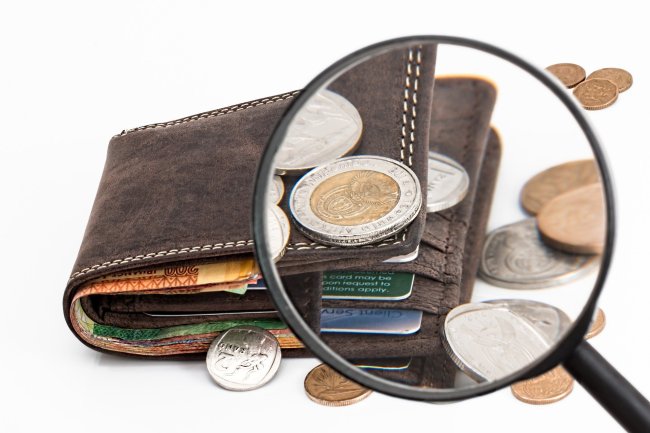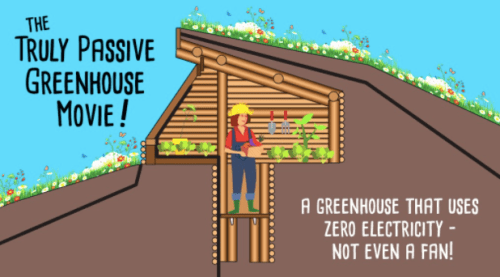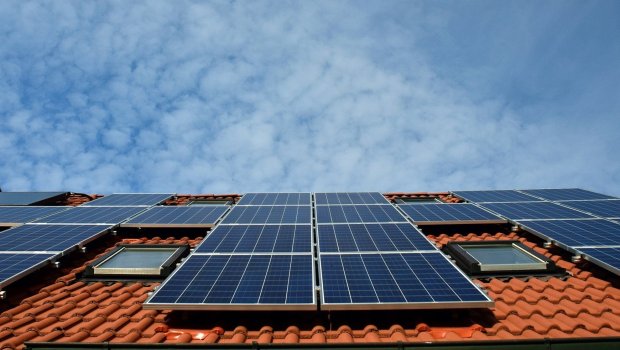Which Payment Methods are Greener?
Energy Disrupter
There isn’t a second that goes by during which, somewhere around the world, a financial transaction is made. It is an ecosystem. One which fluctuates and is affected by the stuff inside and outside the ecosystem. Its impact on another ecosystem – the natural world – is often overlooked. It is complicated. Financial transactions are a fundamental aspect of human life. Are there payment methods that are better for the environment?

Cash
Once upon a time, most money was paper-based. It was first introduced during the Tang Dynasty (A.D. 618-907). They used it a few centuries before the rest of the world adopted it. Before that, though, China had to rid the country of paper money as they had printed too much which caused the value to crash so they were cashless for several hundred years. Paper money was often infused with another material to make them more durable. The wood-based paper was phased out in favor of the cotton-based alternative which is far more durable and easier to print on.
Cotton is still grown and harvested, like trees. The linters used to make the paper, though, are a by-product of the cotton itself, which is used for textiles. Therefore, it is, arguably, a recycled waste material. The environmental impact of cotton growing is problematic, as a large amount of insecticides and pesticides are used. However, organic cotton is the sustainable and environmentally friendly means of growing cotton. The DNB uses sustainably grown cotton for its banknotes. Cash which is no longer in circulation – returned to central banks because they are damaged – are recycled. In the United States of America, they are used in insulation.
Other countries – like Brunei, Canada, and Nicaragua, for instance – use polymer notes. These, again, last a long time and are able to be recycled. There is, naturally, the release of CO2 during their production. However, it is of a similar level to the cotton paper production process.

Digital Payments
Digital payments are an increasingly common method for completing transactions. They are used in-store and online for clothes, football betting, and building materials. It is convenient because there is no need to carry money around: customers can head out with less in their bag or pocket.
Digital payments are cashless. The environmental impact of producing physical money is removed. However, there is still an impact. Data centers and networks require a lot of power to work and run. Therefore, each time a transaction goes through the data centre uses power, which has a negative impact on the environment. This power usage – electrical and heat – is one of the major things holding back cryptocurrencies.
Businesses
There are financial businesses and banks which invest in low-carbon and carbon neutral businesses and endeavours. As well as this, they donate to non-profit organizations and charities which are helping the environment through planting trees, developing sustainable farming techniques and technology, and convincing other companies to alter their practices to help the natural world.
The Green Mastercard – a credit card which seeks to lessen a user’s carbon footprint – is another example of adaptation. Each $1 spent on the card funds a purchase of a carbon offset. Essentially, the card accepts its and yours place in producing carbon, but invests in means which reduce carbon emissions – it becomes a balanced input-output: neutral.

Every method has pros and cons. This is expected and accepted. As we move forward, then, it is about managing this production, and accepting only what is necessary, and selecting and using and improving those methods which are most efficient and achieves neutrality.
Get the Green Living Ideas book in softcover or PDF for as low as $2.99!

Related
Related Posts
No related posts found!












